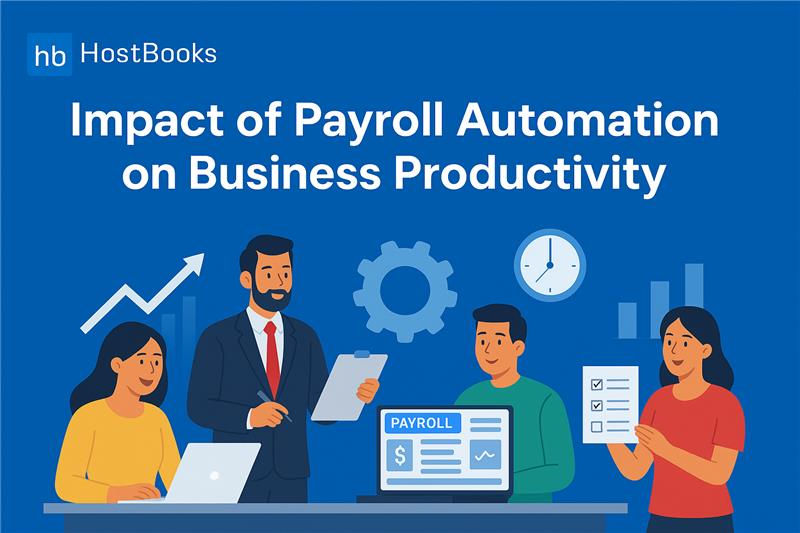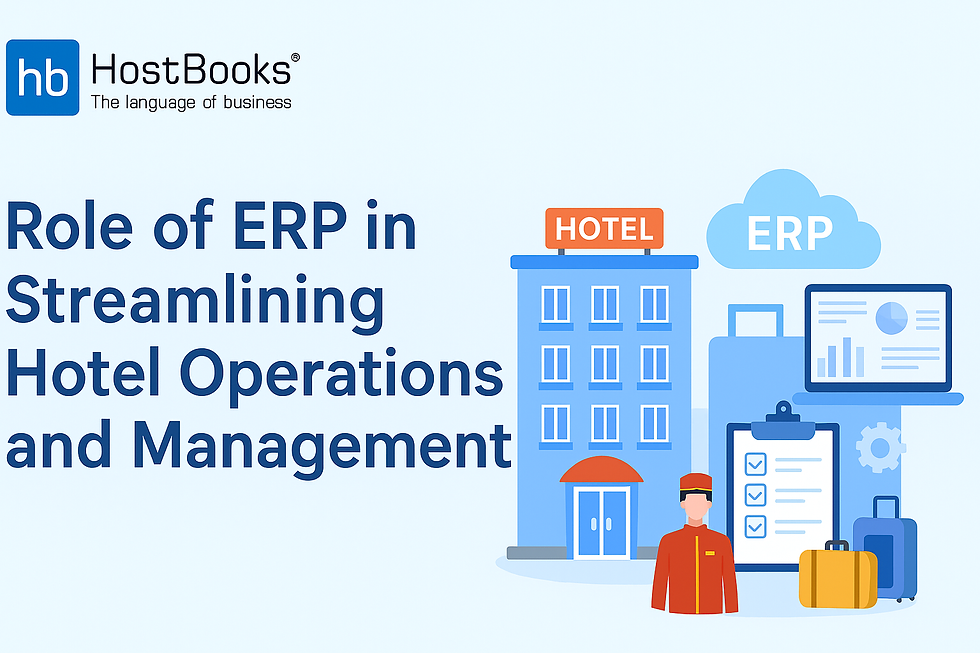Customizing ERP Software to Meet Unique Needs in the Food and Beverage Industry
- Dec 26, 2024
- 3 min read
In the ever-changing landscape of the food and beverage industry, businesses face unique challenges ranging from stringent compliance requirements to fluctuating market demands. To address these complexities, many companies are turning to tailored ERP solutions. Customizing ERP software ensures that it aligns perfectly with the specific operational needs of the food and beverage industry, offering enhanced efficiency, compliance, and profitability.

Why Customization Matters in Food ERP Software
Standard ERP systems may not fully address the intricate requirements of the food and beverage sector. Customization allows businesses to adapt ERP food software to their unique processes, ensuring seamless integration and optimal functionality. By leveraging the best software for the food and beverage industry, companies can:
Streamline production processes
Maintain quality standards
Enhance supply chain efficiency
Reduce waste and operational costs
Key Features of ERP for Food and Beverage Industry
When customizing ERP software for food and beverage businesses, certain features are critical:
Recipe and Formula Management: Customized ERP systems can manage complex recipes and formulations, ensuring consistency and accuracy in production.
Quality Control: Food and beverage ERP systems support rigorous quality checks at every stage, from raw material sourcing to final product delivery.
Traceability and Compliance: With ERP software for food, businesses can track ingredients through the supply chain and comply with industry regulations such as FDA and HACCP standards.
Inventory and Waste Management: ERP for the food and beverage industry helps optimize inventory levels and minimize waste, directly impacting profitability.
Demand Forecasting: Customizable ERP food software incorporates advanced analytics to predict demand trends, aiding in production planning.
Benefits of Customizing ERP for Beverage Industry and Food Businesses
Tailored Solutions for Specific Processes: Every business in the food and beverage sector has unique workflows. Custom ERP systems for restaurants, beverage manufacturers, and food producers ensure that the software complements their operations.
Enhanced User Experience: A customized food and beverage ERP offers an intuitive interface tailored to the users' specific roles, reducing the learning curve and increasing productivity.
Improved Integration: Custom ERP for food and beverage ensures seamless integration with existing systems, such as point-of-sale (POS) systems, warehouse management, and CRM tools.
Scalability: Customized ERP solutions grow with your business. Whether you’re expanding operations or adding new product lines, ERP systems can be adapted to meet future needs.
Customization in Action: ERP for Restaurants
Restaurants operate in a fast-paced environment with specific needs such as menu planning, reservation management, and real-time inventory tracking. Beverage ERP systems, for instance, can be customized to monitor stock levels, manage recipes, and even integrate with POS systems to provide real-time sales data. These capabilities make ERP systems for restaurants indispensable for modern food service businesses.
Choosing the Best Software for Food and Beverage Industry
When selecting an ERP solution, consider:
Flexibility: Ensure the software supports customization to meet your specific needs.
Industry-Specific Features: Look for ERP food & beverage modules tailored to your sector.
Vendor Expertise: Choose a provider with experience in implementing ERP for the food and beverage industry.
Scalability: Ensure the software can evolve with your business.
Future of ERP for Food and Beverage Industry
As technology advances, the role of ERP systems will continue to expand. Future trends include:
AI and Machine Learning: Enhancing demand forecasting and operational efficiency.
Cloud-Based ERP: Enabling real-time data access and remote management.
IoT Integration: Improving traceability and supply chain visibility.
By customizing food ERP software to leverage these innovations, businesses can stay competitive and responsive to market demands.
Conclusion
Customizing ERP software is not just a luxury but a necessity for the food and beverage industry. From ensuring compliance to optimizing operations, tailored ERP solutions provide the tools needed to thrive in this competitive landscape. Whether you’re running a restaurant, a food manufacturing plant, or a beverage production facility, investing in a customized ERP system is a step towards efficiency, sustainability, and growth.








Comments